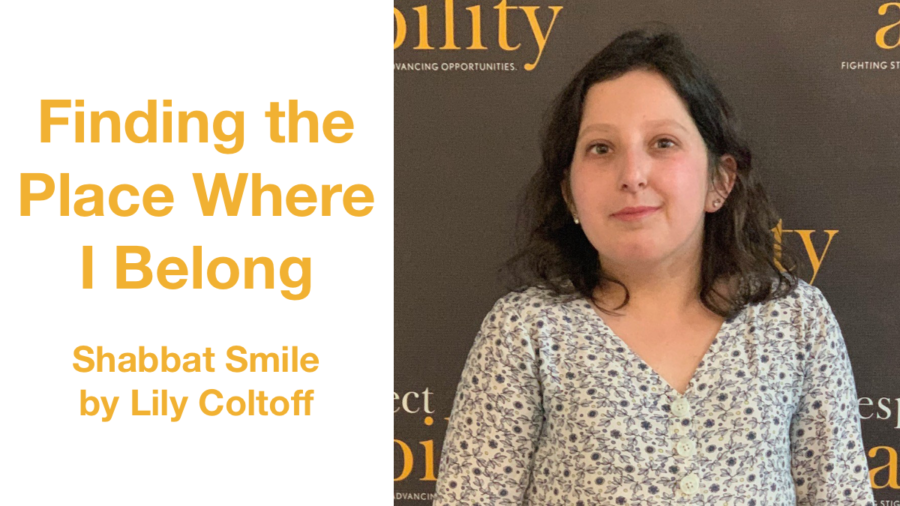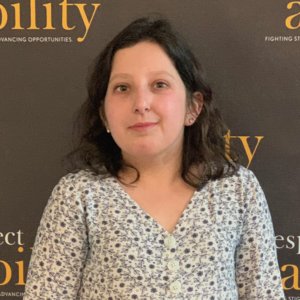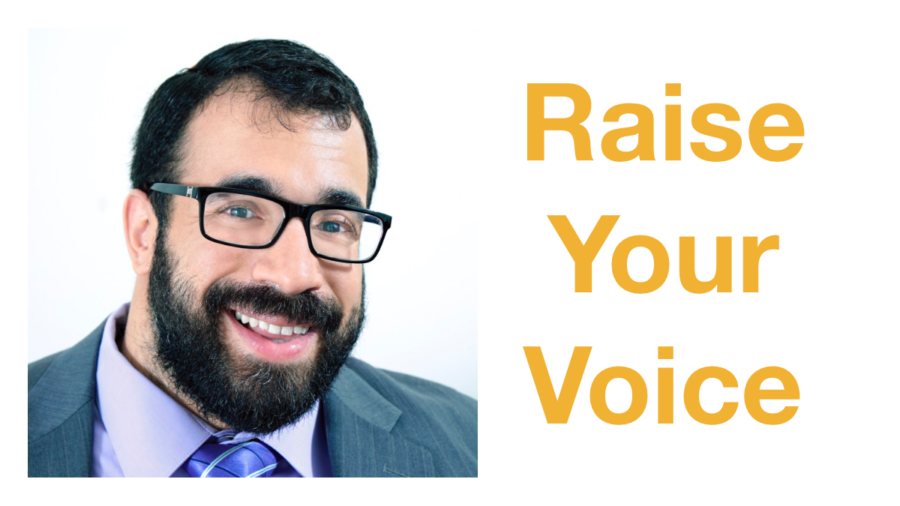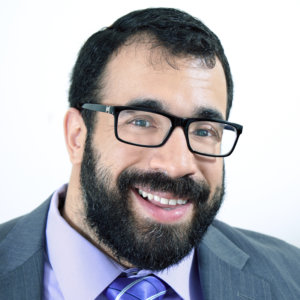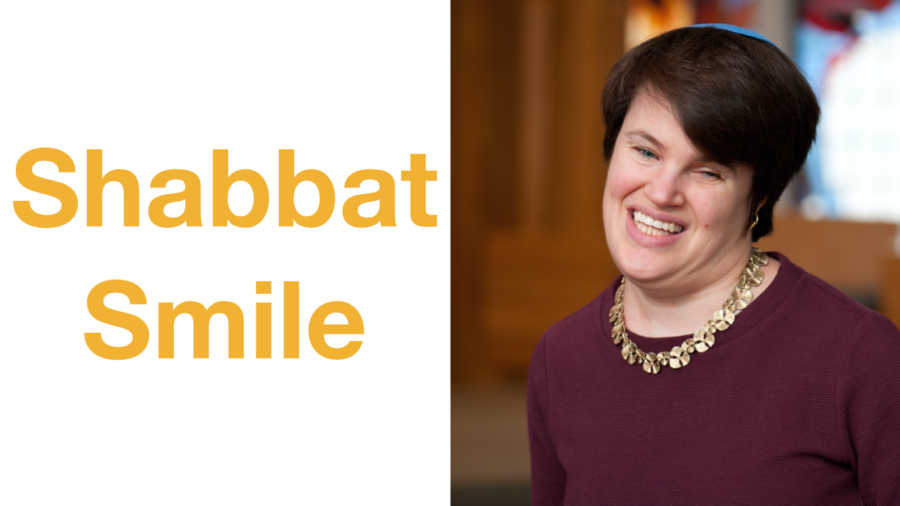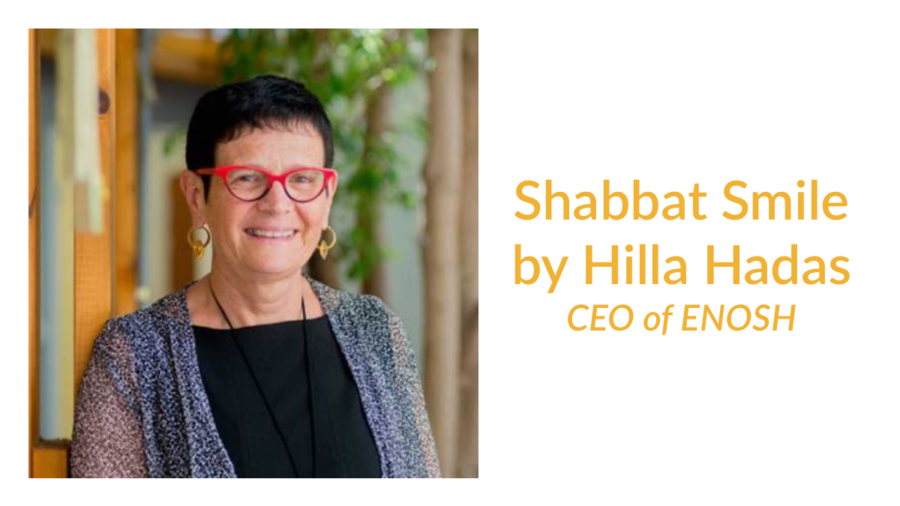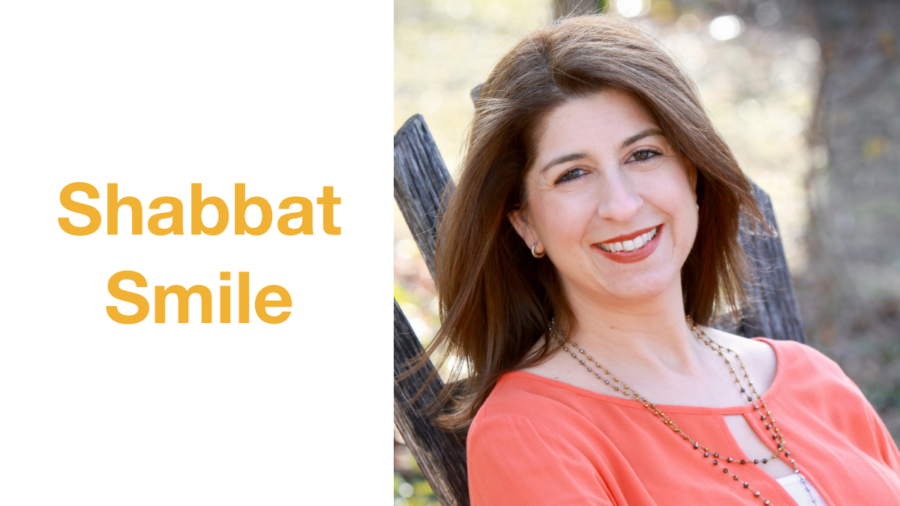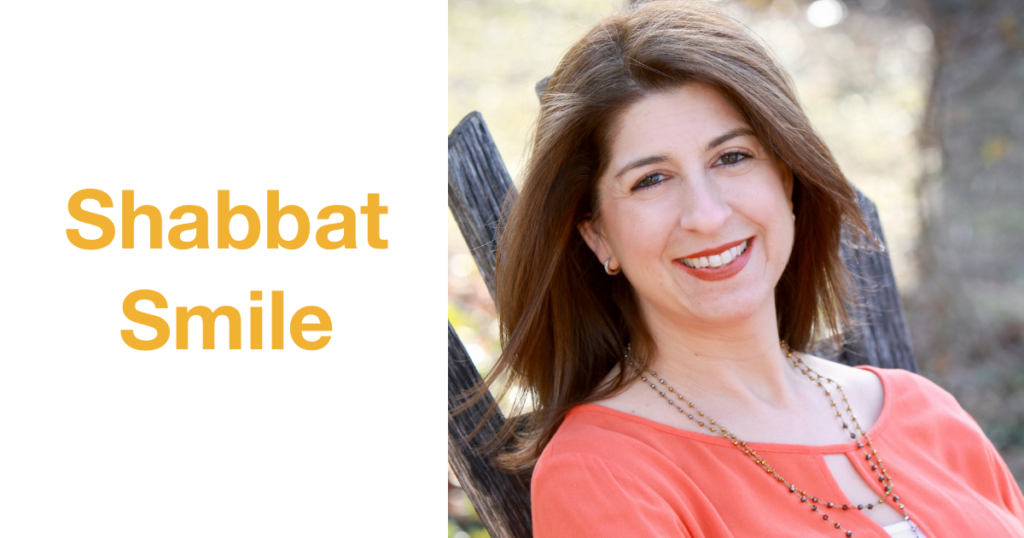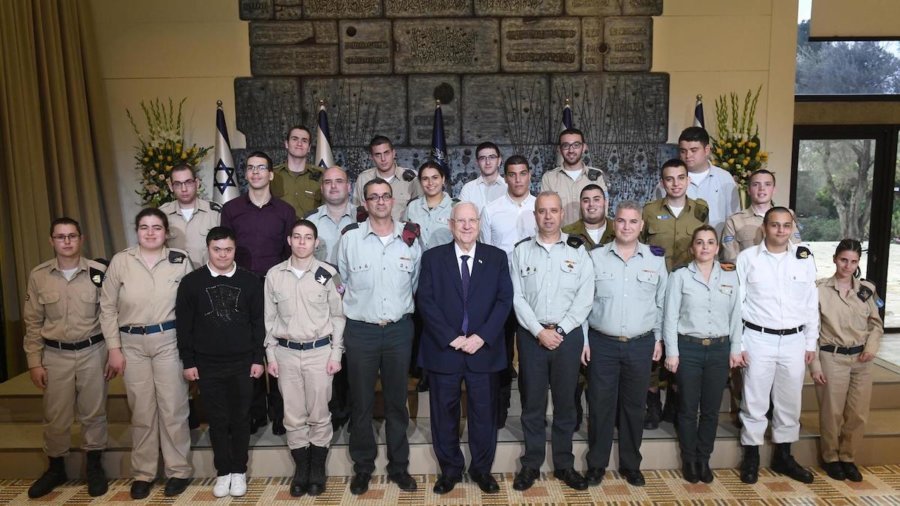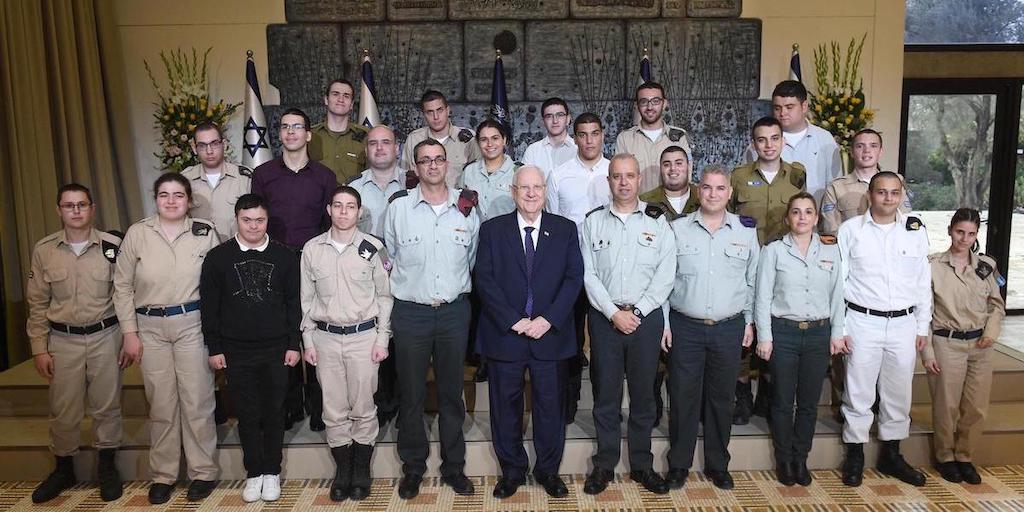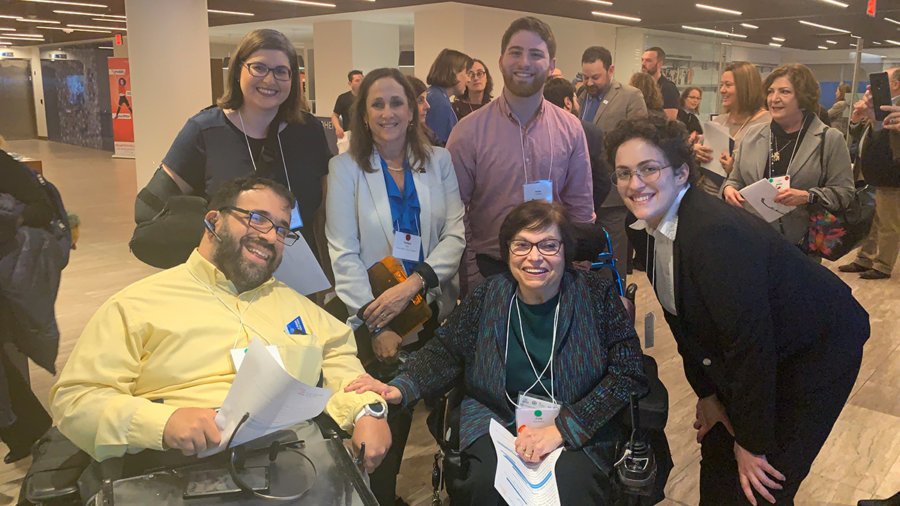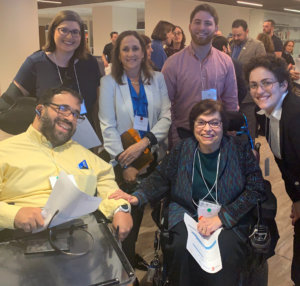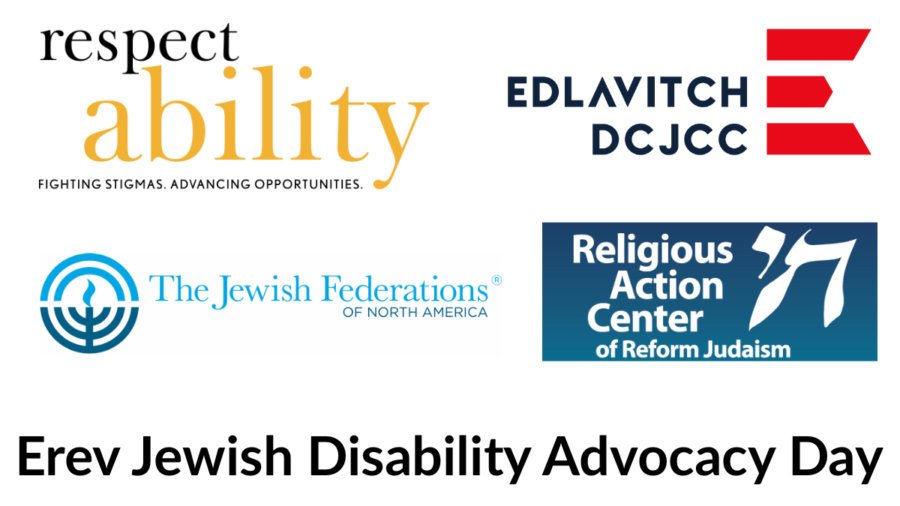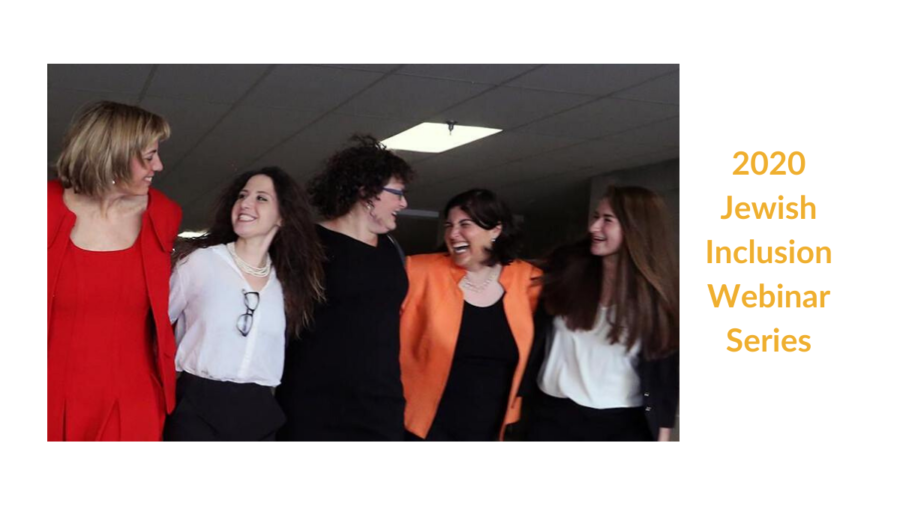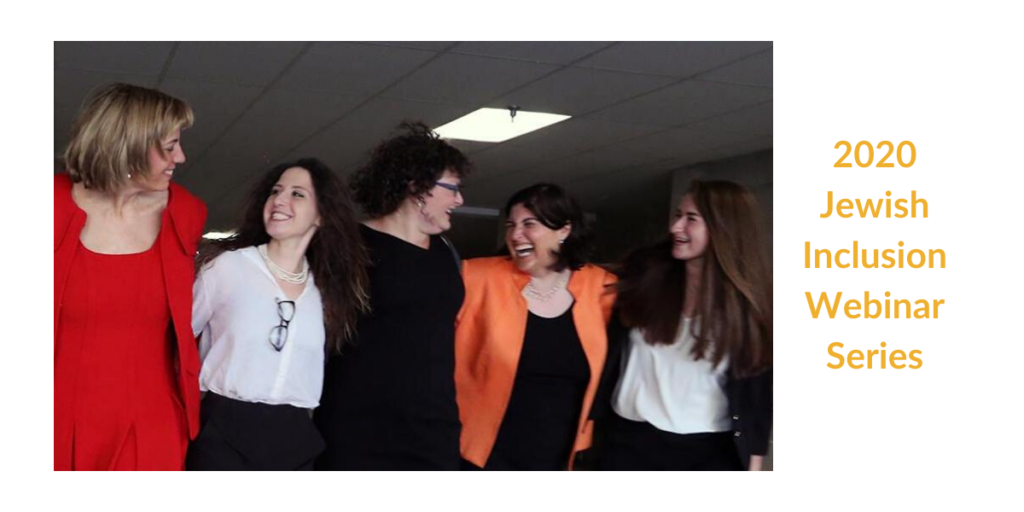With Passover right around the corner, we would normally be planning on gathering around the table for a Seder with our loved ones. We read from our Haggadah, celebrate, and give thanks for the liberation of our people from oppression. This gratitude might feel difficult, however, with the current COVID-19 plague looming overhead. Instead of being brought together, we are embracing “social distancing.” The isolation becomes its own oppression, making many search for the freedom of celebrating the holiday with the community.
JOIN US!
To make Passover accessible to people with disabilities, RespectAbility along with partner organizations is creating a virtual Kehila (Community) specifically geared toward people with intellectual disabilities. This will kick-off with a tailored Passover Seder which will be a fun, engaging, and informative time for all involved. The Seder will take place on Monday, April 13, 2020, at 7:00pm Eastern time, or 4:00pm Pacific time. All are welcome and you can join this Seder by clicking here to register. We at RespectAbility want to wish you all a wonderful Pesach and look forward to seeing you all on Monday the 13th. [continue reading…]



